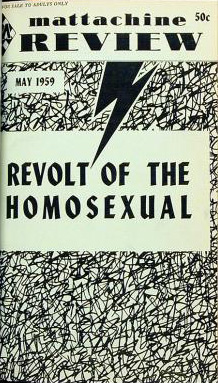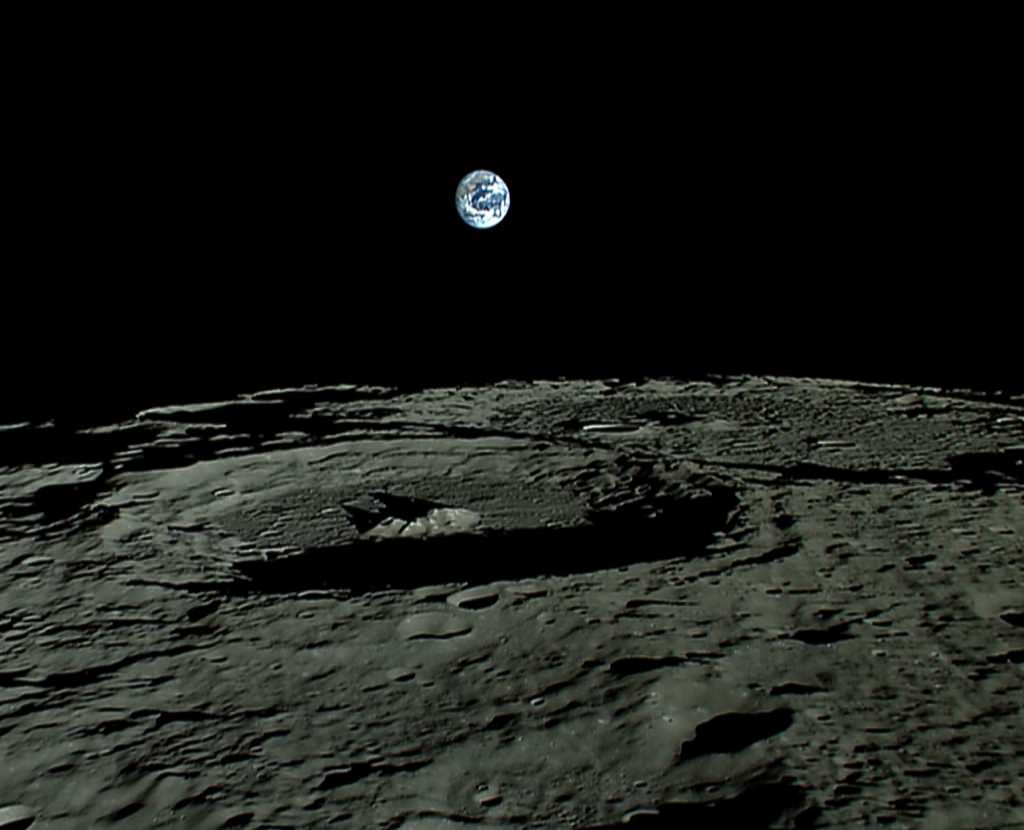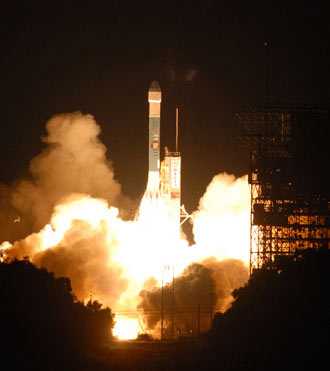The accelerating universe: still blowing minds
A few months ago, the wif and I were sipping bad beer in a hole-in-the-wall bar, part of a weekly queer happy hour of friends and friends-of-friends. I had planned an evening of kvetching about officemates and such, but instead, I got sucked into this intense conversation with a new acquaintance about dark energy. I tried to keep up with her rapid-fire questions, by explaining about the expanding universe, how it's expanding ever faster and faster, that we don't know why, but blame some sort of dark energy or cosmological constant. Basically I blew her mind. Didn't mean to. Really just wanted to talk about politics or TV or the LA Dodgers ownership fiasco. But I blew her mind.
This was something she'd never heard of, but was absolutely fascinated by. And this was a well-read, well-educated, news-following person.
Which made me realize that, although astronomers have (reluctantly) accepted that the concordance cosmology is what our experiments tell us over and over again is true, the public really hasn't internalized it yet. Even though the accelerating universe was the 2011 Nobel Prize. Over and over while giving public talks, I'm asked about The Big Crunch. And I have to say, "That's so 1975! Not only will the Universe never contract into a Big Crunch, it's flying apart!"
So what's up with that? Are we just bad at explaining stuff? Or is the behavior and ultimate fate of the Universe really not something every educated person should know?











